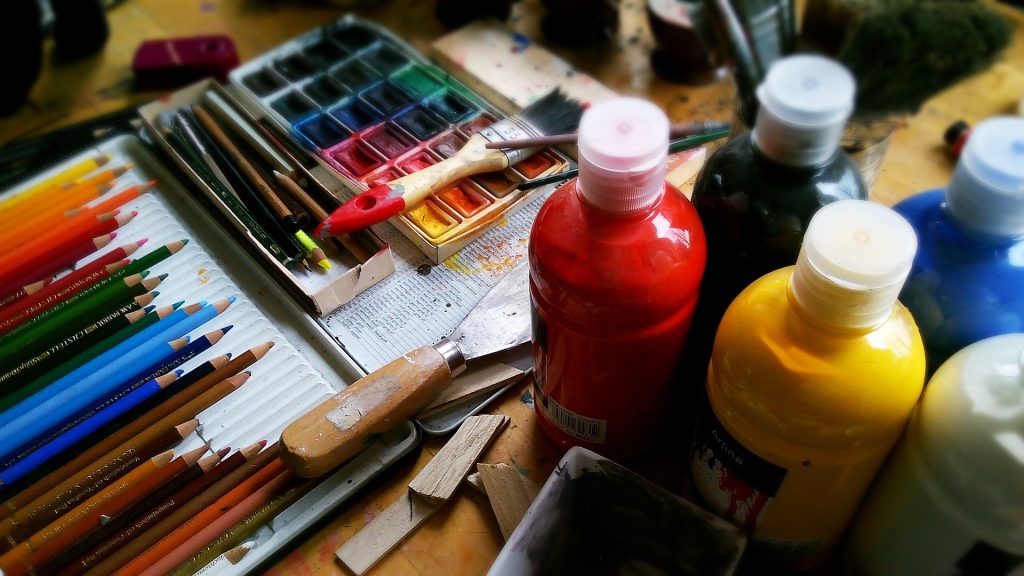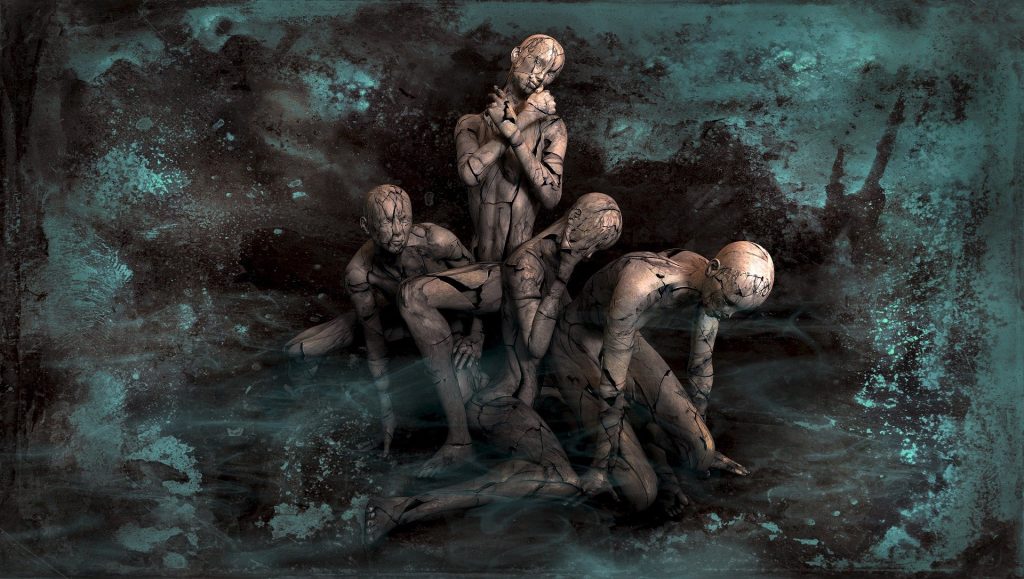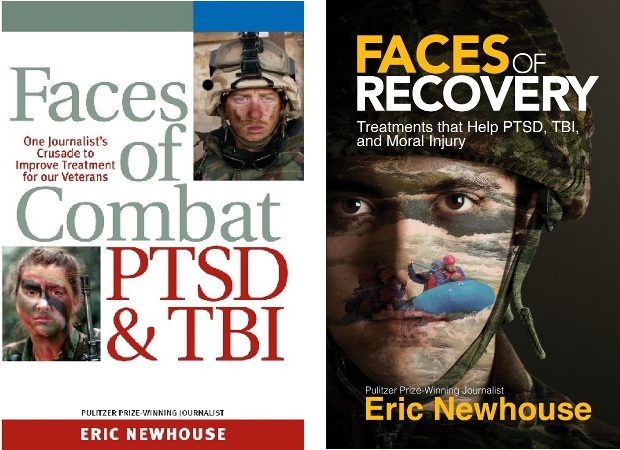It’s no secret that art can make us feel things. Who would care about the Mona Lisa if she didn’t evoke feelings of serenity and grace? Would the Statue of Liberty still be iconic if we didn’t get feelings of pride and awe from her every time we visit New York?
In short, art is powerful.
But the true power of art is not limited only to the people viewing it. Art can be just as powerful, if not moreso, for the artist themselves.

What is Art Therapy?
Art therapy is a form of recreational therapy first officially recognized in 1942. Through art therapy, traditional therapy methods are combined with artistic expression to help people overcome obstacles and distress in their day-to-day lives. The end goal is a sense of self-understanding and fulfillment, which art therapy is able to achieve thanks to a scientific approach and methodology.
Art therapy is more than just throwing someone in a room with a blank canvass and an easel so they can paint what makes them feel happy. Instead, art therapy begins much like a regular therapy session.
A prospective client sits down and talks to their art therapist about the goals they’d like to accomplish through the session. The art therapist listens to these goals, helps the client find the right medium for self-expression, and guides them along the way by asking helpful, thought-provoking questions.
After the piece is complete, the art therapist and the client will discuss how working on the piece made the client feel and together the pair will analyze the work itself through a lens of understanding and personal growth. By the end, the client has not only experienced an enjoyable session, but a session that leaves them with answers, fulfillment, and even a physical reminder of their journey of self-discovery that they can take home with them.

Is Art Therapy Effective?
Like many forms of therapy, you get out of it what you put into it. If you approach art therapy thinking it’s unlikely to ever work for you, you’re not likely to see any kind of positive results.
However if you go into the experience with an open-mind, you’ll likely see great results that lessen your anxiety and depression regardless of what the root cause of those symptoms happens to be. This means that art therapy can be effective in treating a wide variety of different disorders, which can include everything from eating disorders to Alzheimers and even PTSD as a result of seeing combat.
It may be hard to imagine art therapy being helpful to someone whose trauma manifested in a combat scenario, but some of the earliest uses of art therapy were to treat WW2 combatants suffering from shell-shock. Studies have shown that art therapy is especially helpful for veterans in three key ways:
1) By helping them express thoughts they’re having trouble articulating
2) By improving social relationships and reducing social detachment
3) By providing a general reduction in PTSD-related flashbacks, as well as lessening anxiety, providing methods to better control intrusive thoughts, reducing emotional numbness, and decreasing the chance of using unhealthy avoidance mechanisms.
Each of these things alone could make a huge difference in someone’s life, so taking the chance on art therapy to achieve all three is something every vet should seriously consider. Art therapy has been around for over 80 years and has a proven track record of helping many veterans and civilians alike to overcome their own personal hardships in order to lead better, more fulfilling lives.
And with results like that…what’s the harm in trying something new?
Interested in art therapy? Check out https://arttherapy.org/art-therapist-locator/ to find an art therapist near you or https://creativets.org/ for a community of like-minded individuals.
Are you a veteran in need of assistance? Click this link for a list of resources made specifically for you.If you’re having suicidal thoughts, please call either The National Veterans’ Foundation at 1-888-777-4443 or the VA Suicide Prevention Hotline at 1-800-273-TALK (800-273-8255).
Both hotlines are free and confidential. If you’re not a veteran but would still like to help out, you can get involved through our donation page here







